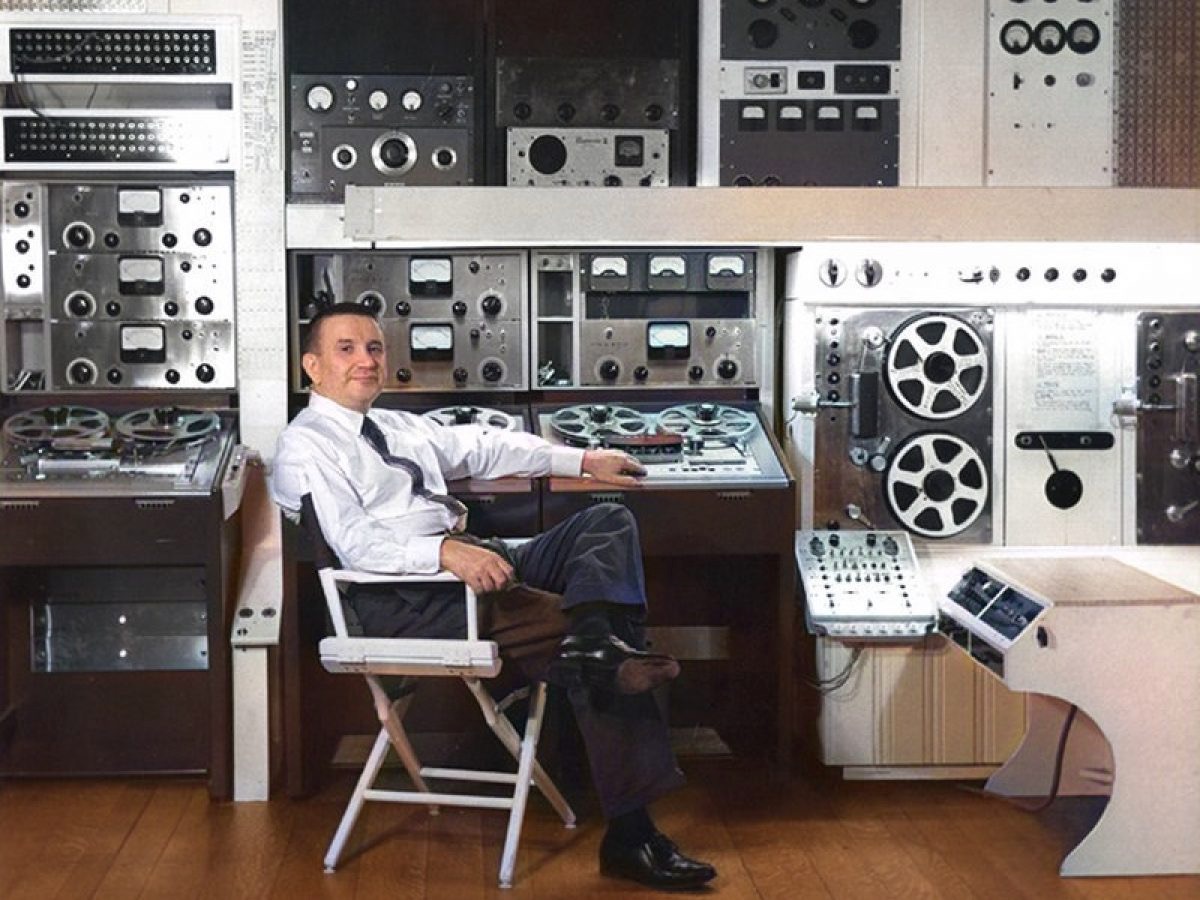The History
Recording studios have been an integral part of the music industry for over a century, allowing musicians to capture and distribute their performances to a broader audience. The history of recording studios is rich and varied, with many significant developments and innovations occurring throughout the years. One such development was the rise of Las Vegas recording studios in the mid-twentieth century, which helped to establish the city as a hub for entertainment and music.
high-quality, polished recordings.
The earliest time were relatively simple affairs, consisting of a single room with essential equipment such as a microphone and a recorder. These early studios were often located in major cities such as New York and Chicago, and were primarily used to capture the performances of jazz and blues musicians. As technology improved, however, it began to evolve and expand in size and scope, with new equipment and techniques allowing for more sophisticated recordings.
multi-track recording technique
One of the most critical innovations in the history of recording was the development of multi-track recording in the 1950s. This technique allowed for the separate recording of multiple instruments and vocals, which someone could mix to create a final recording. Multi-track recording revolutionized the recording industry, allowing for greater control over the final product and enabling musicians to experiment with new sounds and techniques.
Las Vegas as an entertainment hub
The rise of Las Vegas as an entertainment hub in the 1950s and 60s significantly impacted the recording industry, as many musicians and performers flocked to the city to play in its numerous nightclubs and casinos, which led to the establishment of several Las Vegas recording studios, which provided musicians with a convenient and accessible location to record their performances.
sophisticated recordings
One of the most famous Las Vegas recording studios was the RCA Victor, which opened in 1956. The studio was located in the heart of Las Vegas and quickly became a popular destination for musicians and performers. The studio featured state-of-the-art equipment and a team of experienced engineers and was responsible for recording many classic albums and singles over the years.
Las Vegas recording studios
Another important Las Vegas recording studio was the United Recording Corporation, which opened in 1960. The studio was located in the city’s downtown area and was known for its spacious rooms and cutting-edge equipment. United Recording Corporation was responsible for recording many classic albums and singles over the years, including works by Frank Sinatra, Elvis Presley, and The Rolling Stones.
the popularity of Las Vegas recording studios
Throughout the 1960s and 70s, the popularity of Las Vegas recording studios continued to grow as more and more musicians, and performers made their way to the city to record their music. The city’s vibrant nightlife and entertainment scene provided the perfect backdrop for recording. The high-quality equipment and experienced engineers of Las Vegas recording studios helped to produce some of the era’s most iconic music.
the rise of digital recording technology
Despite the rise of digital recording technology in the late 20th century, recording studios have played an essential role in the music industry. While many musicians and producers now use home recording setups and digital audio workstations, professional recording studios remain necessary for creating high-quality, polished recordings.
Las Vegas recording studios in recent years
In recent years, Las Vegas recording studios have continued to thrive, with several new facilities opening in the city to serve the needs of modern musicians and producers. These studios offer various services, including recording, mixing, mastering, and production, and feature state-of-the-art equipment and experienced engineers.
state-of-the-art
Today, recording studios are more crucial than ever, as musicians and producers seek to create high-quality recordings that stand out in a crowded market. While the music industry has undergone many changes over the years, the role of studios remains constant, providing musicians with the tools and expertise they need to bring their music to life.
The role of the recording studios in the history of music
In conclusion, recording studios have played a vital role in the history of music, providing musicians with the ability to capture their performances and distribute them.
